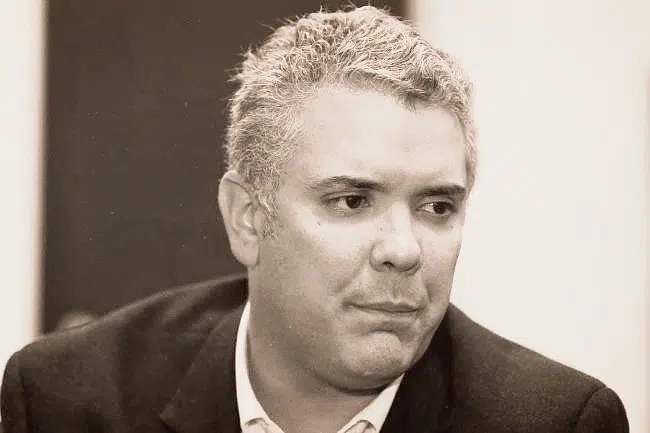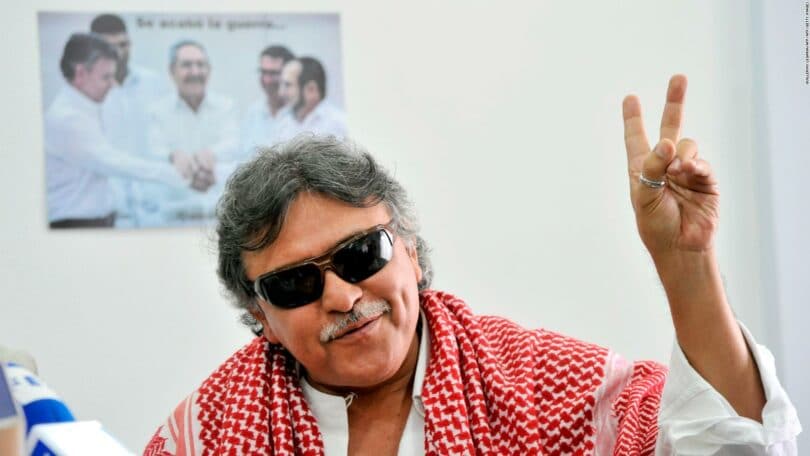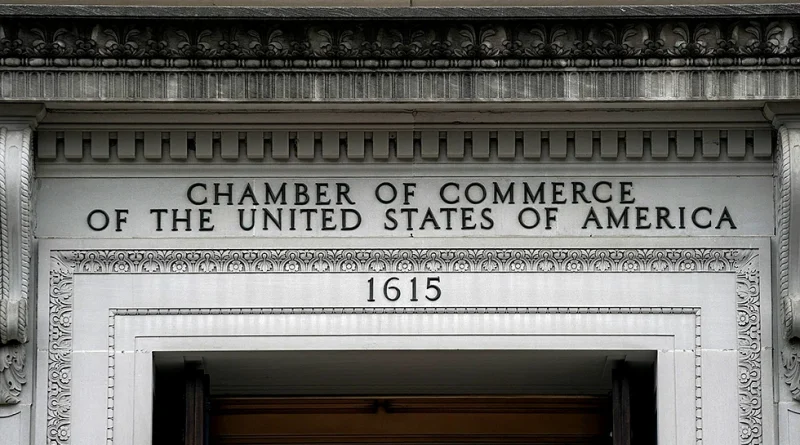M. K. Bhadrakumar
15. Enter regional states
The Taliban hoisted their black and white flag on the presidential palace in Kabul on September 11, which happens to be the twentieth anniversary of the Al-Qaeda’s attack on New York and Washington, DC. The symbolism is too obvious to be missed. Although the Taliban had no hand in the 9/11 attacks, it took the brunt of the US’ revenge act to invade Afghanistan.
No doubt, the flag hoisting is an assertion by the Taliban that they have returned as the ruling elite 20 years after their government was overthrown, and that is a reality the US cannot ignore.
16. Biden’s Taliban blues
The best part of the visit by the Secretary of the Security Council of the Russian Federation, Nikolay Patrushev to New Delhi (September 7-8) was that the two countries may embark upon a voyage of discovery of each other at a phase in their relationship when the US-led Quad irrevocably sets them apart and as Delhi climbs on board the US’ Indo-Pacific Strategy to fight the Chinese on the beaches, in the hills and in the air.
The Americans are of course back on the cold war era track obsessed with weakening and possibly dismembering Russia, if they can, to realise their elusive dream of ‘nuclear superiority’.
17. Foreign Devils on the Silk Road
The title of an unputdownable 1980 classic by Peter Hopkirk comes to mind even as the Shanghai Cooperation Organisation and the Collective Security Treaty Organisation are preparing to hold back-to-back summit meetings at Dushanbe, Tajikistan, on September 17.
Foreign Devils on the Silk Road: The Search for the Lost Treasures of Central Asia tells the breathtaking story of the intrepid men who made long-range archaeological raids in far west China looking for the lost cities of the Taklamakan Desert before they were gradually swallowed by the shifting waves of sand (and weren’t rediscovered until the early 19th century.)
18. India’s ‘over-the-horizon’ dilemma
In England, they’d plan a park, build it but wouldn’t complete it until they could observe for a while the foot tracks of walkers, before deciding where to lay the pathways for optimal utility.
The Blinken Administration and Modi Govt apparently think they don’t have that luxury when it comes to Afghanistan. That is the troubling signal out of the Congressional hearing on Monday in Washington with Secretary of State Antony Blinken.
But, for a start, Blinken was rather muted in his reaction on Pakistan’s perceived duplicity in taking advantage of the US. Certainly, he would know three things.
[THIS IS POSTED HERE FOR NON-PROFIT, NON-COMMERCIAL, EDUCATIONAL PURPOSE.]








